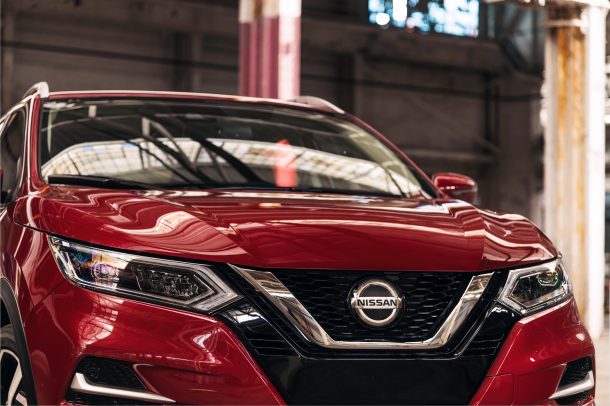As Nissan's Recovery Plan Evolves, the Number of Potential Job Cuts Grows

Early last year, Nissan, watching global sales wane and the pressure on its (un)balance sheet increase, hinted at the potential for 10,000 job cuts, per sources. That number then rose to an official 12,500, as North American pressures added to woes in Asia and Latin America. The unexpectedly eventful year of 2020 began with buyouts in the U.S.
Now, a report out of Japan — one that seems to reflect the company’s anticipated new direction — claims the automaker’s workforce will require a 20,000-strong cull, this time with Europe as the focal point.
Kyodo news (via Reuters) claims the updated figure takes into account new pressures arising from the coronavirus pandemic. Mainly, cratering sales demand and the Renault-Nissan-Mitsubishi alliance’s anticipated mid-term plan, which will see each member focus on their core strengths in specific markets. Fewer markets for each, to be clear, with maximum use made of existing resources.
Recent reports claim the near future will see reduced production for the once-expansionist Nissan, with Europe playing a smaller role and the U.S. and China boosting their importance. Volume from those two countries would make up two-thirds of Nissan’s sales. Confirmation of the plan is expected next week.
The new report’s boosted layoff number, centered around Europe, jibes with claims that Nissan will relegate its presence in the continent to just a handful of strong-selling products; utility vehicles and commercial vans. Nissan is also expected to reduce its presence in Southeast Asia.
[Image: Nissan]

More by Steph Willems


































Comments
Join the conversation
Daihatsu, Isuzu, Suzuki, Mitsubishi, Nissan Just another Japanese car company going away. In a dozen years they’ll all be gone. For real Americans (the ones that beat up you foreign car lovin’ Suzys in grade school) We are one step closer to the inevitable return of Mercury & Pontiac.
No, Datsun was changed to Nissan because that is what the corporate name in Japan is. The older Datsun's were mechanically sound. Nissan's quality took a nosedive after Renault. As for Mercury and Pontiac coming back they are dead. GM is on the way to becoming a Chinese company and it remains to be seen if Ford will stay Ford or will they eventually get bought out. Ford's saving grace is the F series otherwise Ford would be gone. Isuzu is far from dead globally, Suzuki makes great motorcycles and marine engines, Daihatsu is owned by Toyota, and possibly Nissan might go away except they are more likely to get bought out.
I heard that Renault is in a danger too, to the point that it my disappear. Unless Government loan is big enough and is not thrown into black hole.
Agree Renault is in trouble as well. There will be more mergers and less choice as more and more consolidation of manufacturing to gain lower costs and more efficiencies. I doubt most of these companies will go away more likely they will get acquired by other companies looking to expand their presence.